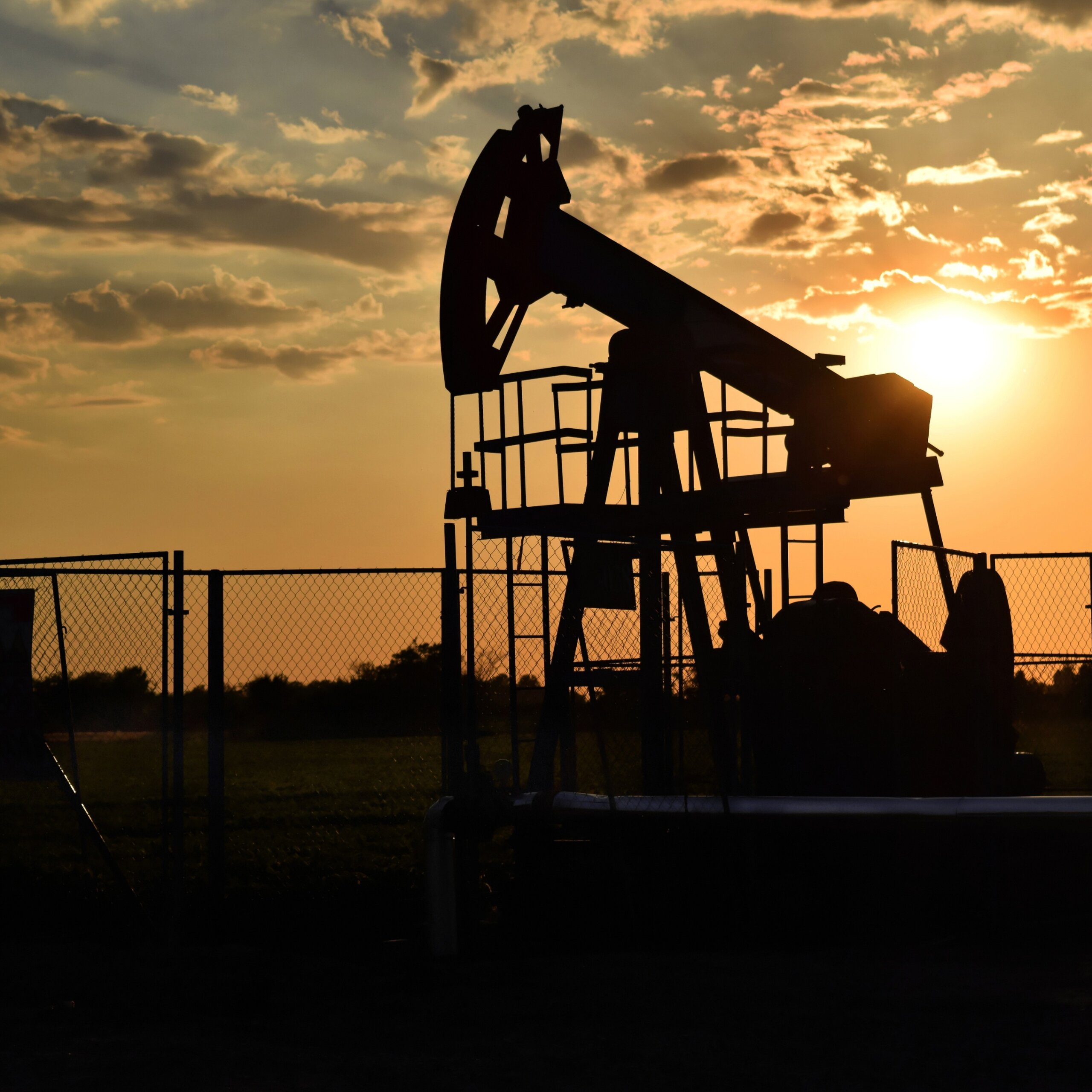Global crude oil prices spiked on Thursday following comments by President Joe Biden, who confirmed that the US is discussing the possibility of Israel targeting Iranian oil facilities. This potential retaliatory move is in response to Iran’s recent ballistic missile attack on Israel.
Brent crude prices jumped 5% to $77.62 per barrel, marking the largest weekly gain in nearly two years, driven by growing concerns over a potential escalation in the region that could disrupt global oil supplies. This surge in oil prices could have significant implications for the upcoming US presidential election on November 5, with rising gasoline costs being a key factor for voters.
Iran launched approximately 200 ballistic missiles at Israel earlier in the week, sparking calls for retaliation. President Biden confirmed that discussions are ongoing about Israel possibly targeting Iran’s oil infrastructure but refrained from providing further details. Meanwhile, Republican Senator Lindsey Graham called for strong action against Iran, stating that Iranian oil refiners should be “hit hard” to cut off the financial lifeline of the regime.
Pentagon spokeswoman Sabrina Singh added that the US is in talks with Israel about what a possible response to Iran would entail but did not disclose any specific targets.
“Oil prices rose by more than 4% to about $75…” said Mohamed Hashad, Chief Market Strategist, Noor Capital on barrel prices earlier this week. “So far, oil prices rose by more than 4% as escalation has intensified between Israel and Iran. Amid this geopolitical scene, the risk of a jump in oil prices that could trigger another global inflation shock appeared to be materializing.” he added.
Oil prices rose by more than 4% to about $75 a barrel on Tuesday. So far, oil prices rose by more than 4% as escalation has intensified between Israel and Iran.
Amid this geopolitical scene, the risk of a jump in oil prices that could trigger another global inflation shock appeared to be materializing.
In a further development, the Iran-backed Kataib Hezbollah militia in Iraq warned of significant consequences if an “energy war” breaks out, suggesting that global oil supplies could be severely impacted. The militia’s military spokesman, Abu Ali Al Askari, hinted that such a conflict could result in the loss of 12 million barrels of oil per day.
With Iraq and Iran being major oil producers in the region, any disruption in their output could lead to global energy shortages and further price hikes, increasing the geopolitical risk premium in oil markets.
Iran Attacks Israel: Oil Watchers Fear Supply Disruptions After Latest Escalation





